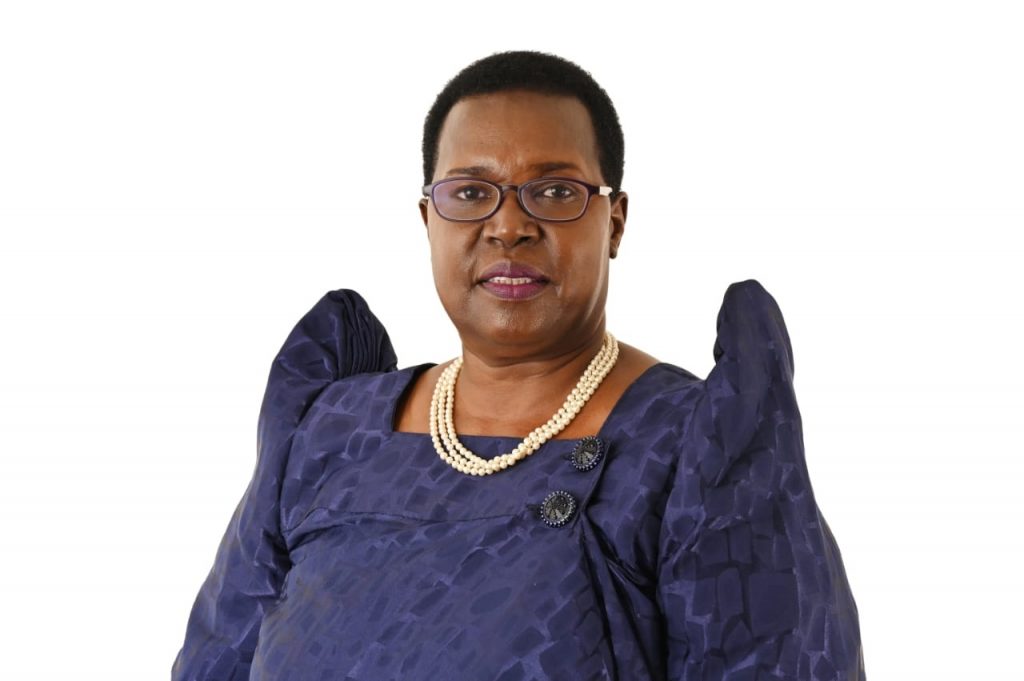Housing Finance Bank Launches the HFB ‘Zimba Mpola” Challenge to promote Affordable Housing and Community Empowerment
November 7, 2025West Nile Farmers Turn to Rice for Food and Incomes
November 7, 2025It’s Time for Uganda to Take Ownership of the Malaria Fight.
By Hon. Santa Okot, Co-Chair, Coalition of Parliamentarians to End Malaria in Africa (COPEMA)

For decades, Uganda’s fight against malaria has relied heavily on donor generosity. Today, that lifeline is thinning and with it, the fragile progress we have made. Nearly 95% of Uganda’s malaria financing still comes from external sources, and these funds are expected to decline by as much as 70% by 2027.
There should be a wake-up call to every policymaker, legislator, and citizen who believes in a self-reliant Uganda. Can we continue to place the survival of our children, our workforce, and our future in the hands of others? The answer must be no. It is time for Uganda to take full ownership of our malaria response.
Malaria is not just a health issue; it is a national development crisis. Each Ugandan loses an estimated seven days of productivity every time they fall sick. In workplaces across the country, employers see this loss firsthand as staff miss days due to illness or caring for sick children. In schools, malaria is robbing our children of learning time, contributing to poor performance and dropouts.

Despite commendable progress and a 39% decline in malaria deaths between 2019 and 2024 these gains are now at risk. Without sustained domestic financing, the disease could rebound, undoing years of investment and effort. During our recent press briefing at the Parliament of Uganda, the Coalition of Parliamentarians to End Malaria in Africa (COPEMA), together with civil society experts, called for bold budgetary action in the upcoming FY2026/27 budget cycle.
We are urging the government to ensure the Yaoundé declaration commitments of 2024 are translated into actions, especially increasing domestic malaria funding.
Ring-fence funds for malaria prevention, especially vector control and school- based interventions Move closer to the 15% Abuja Declaration target for health financing.
Protect vulnerable populations, including school-age children, who are increasingly bearing the brunt of malaria infections Ring-fence funds for malaria prevention, especially vector control and school-based interventions.
As my colleague Hon. Yusuf Mutembuli (Bunyole East) rightly said, “Malaria knows no political party. Prevention is better and cheaper than cure.”

A Whole-of-Society Effort
The malaria fight cannot be left to the Ministry of Health alone. It demands cross- sector collaboration from banks and industries to schools and communities. Dr. Francis Abwaimo of the Malaria Consortium put it clearly: “Malaria affects every industry. We must involve all players in this fight.”
Civil society and women’s voices are equally vital. As Emily Katariakawe of CS4ME reminded us, “Until women in Parliament rise in one voice, we will continue to lose
Our children Uganda’s Parliament must lead by example. We have the legislative authority and moral obligation to ensure that malaria prevention is not left at the mercy of external budgets. A malaria-free Uganda is not a dream; it is an achievable goal if we choose political will over complacency.
Our children deserve classrooms, not sickbeds. Our workers deserve pay checks, not hospital receipts. Our families deserve peace of mind, not mosquito nets that signal survival.
The time to act is now. Let us fund malaria prevention as if our future depends on it because it truly does.


